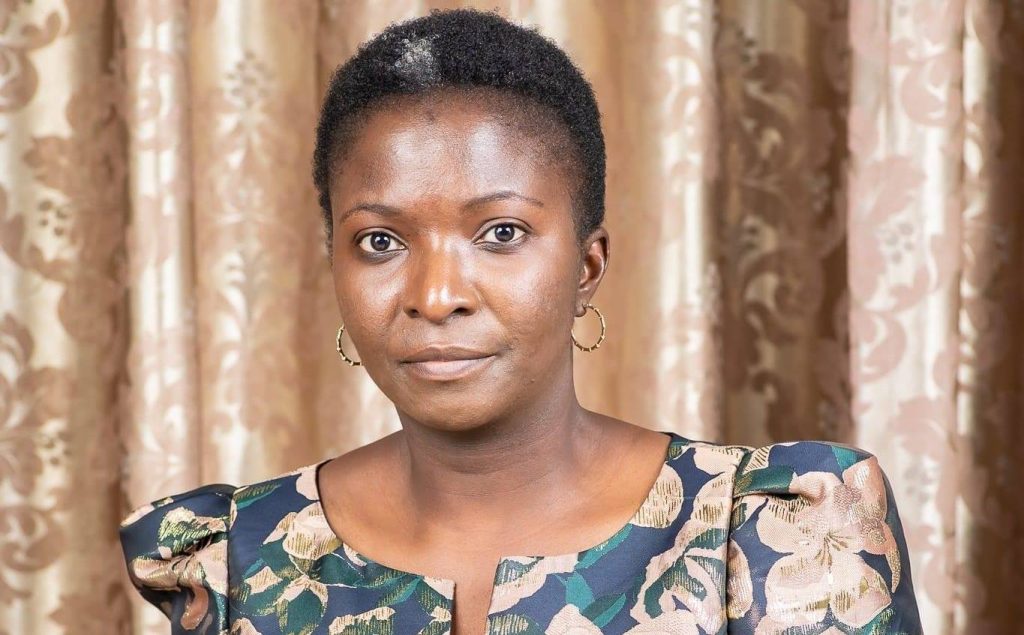Report shows corruption worsening
An Anti-Corruption Bureau (ACB) annual report shows that corruption cases have significantly gone up, nearing figures recorded during the Cashgate period between 2012 and 2013, the highest ever recorded in the last 12 years.
During the plunder of public resources involving public officers and the private sector otherwise known as Cashgate exposed in September 2013, ACB recorded 1 565 complaints out of which 587 cases were recommended for investigation within a year.

But in the 2020/21 annual report submitted to Parliament, the graft busting body said that while the number of complaints received and cases recommended for investigations had gone down, complaints received rose to 1 217 out of which 399 cases were recommended for investigation.
The report said that in the preceding year, 2019- 20, the bureau received 642 complaints, representing an increase of about 90 percent.
From the 642 complaints, 187 were recommended for investigation.
Reads part of the report: “Of the 1 217 complaints, 399 complaints were recommended for investigations which represent 33 percent of the total complaints received while 464 complaints or 38 percent did not contain any elements of corruption.
“ There were 171 complaints [14 percent] referred to other institution for their appropriate action and 183 complaints [15 percent] did not contain enough information and were either sent back for clarification or closed.”
The report said that between 2014 and 2019, the number of cases was fluctuating in lower figures, but now there is a rise which the ACB attributes to people’s growing confidence in the institution and increased awareness.
The report mentions the Human Rights Defenders Coalition ( H R D C ) whistleblower initiative as having significantly improved reporting of cases.
Reacting to the report in a telephone interview on Sunday, HRDC chairperson Gift Trapence said he was happy to note that their initiative was paying off.
He asked the ACB to be more transparent when dealing with cases to inspire public confidence.
Trapence said it would help to have periodical updates to the public stating the number of complaints received, cases investigated and those under prosecution.
He said: “We also want to call on the government to ensure that it fully supports the ACB. They should not just increase the funding but also ensure that there is timely disbursement of the same.
“Again the increase incases reported is also an indication that corruption remains rampant and this is where we must all play a role to stamp it out.”
The report also concedes that the fight against corruption in Malawi is sliding backwards and this is also confirmed by credible international institutions which conduct research and rank countries in terms of their fight against corruption.
Reads the report: “For instance, the 2020 Transparency International [TI] Corruption Perception Index ranked Malawi at
position 129 out of 180 countries with a score of 30, down from position 123 out of 180 with a score of 31.
“Both the downward score and position indicate that Malawi is sliding backwards in the fight against corruption.
“Similarly, a gloomy picture is portrayed by the Worldwide Governance Indicators [WGI]1 for 2020. Accordingly, the performance of Malawi is poorly rated on the control of corruption with a rank of 39.42 out of 209 countries in the world.
“Both the TI and WGI ratings look at many facets of governance issues when assessing a country and corruption is just one of them.”
All the regions of the country, according to the report, had an average increase in complaints received of over 50 percent.
ACB Blantyre office received the highest number of complaints in 2020/2021 financial year just as it did in the previous financial year.
Of the 451 complaints made at the ACB’s Blantyre off ice, 135 were recommended for investigations, representing 30 percent.
On the other hand, the Lilongwe of f i c e received 365 complaints and 179 complaints were recommended for investigations, representing 49 percent.
The bureau’s Mzuzu office received 273 cases of which 68 were recommended for investigations, representing 25 percent while the Zomba office had 128 complaints and 17 recommended for investigations, representing 13.3 percent.
Centre for Social Accountability and Transparency (Csat) executivedirector Willie Kambwandira said he figures are not surprising as it has become clear that the fight against corruption has lost direction and there is more lip service and less action.
“This is the time corruption suspects are openly fighting back. We are on a dangerous path and citizens stand to lose out.
There is little that we are doing to reprimand those involved in corrupt dealings,” he said.
But while the bureau appears to have a higher success rate in completing investigations, there are fewer cases recommended for prosecution.
The report attributes the low return to the “use of a prioritisation matrix which resulted in giving more attention to complex cases, and limited human resources”.
The highest number of completed cases was registered in 2013/14 financial year when 35 cases were completed while
the highest number of convictions was recorded in 2019/20 financial year when the ACB secured nine convictions.
In 2020/21 out of 103 cases under prosecution, 16 were completed, but only four convictions were secured.
Legal Affairs Committee of Parliament chairperson Peter Dimba said his committee, at an appropriate time, will go through the report and report back to Parliament.





